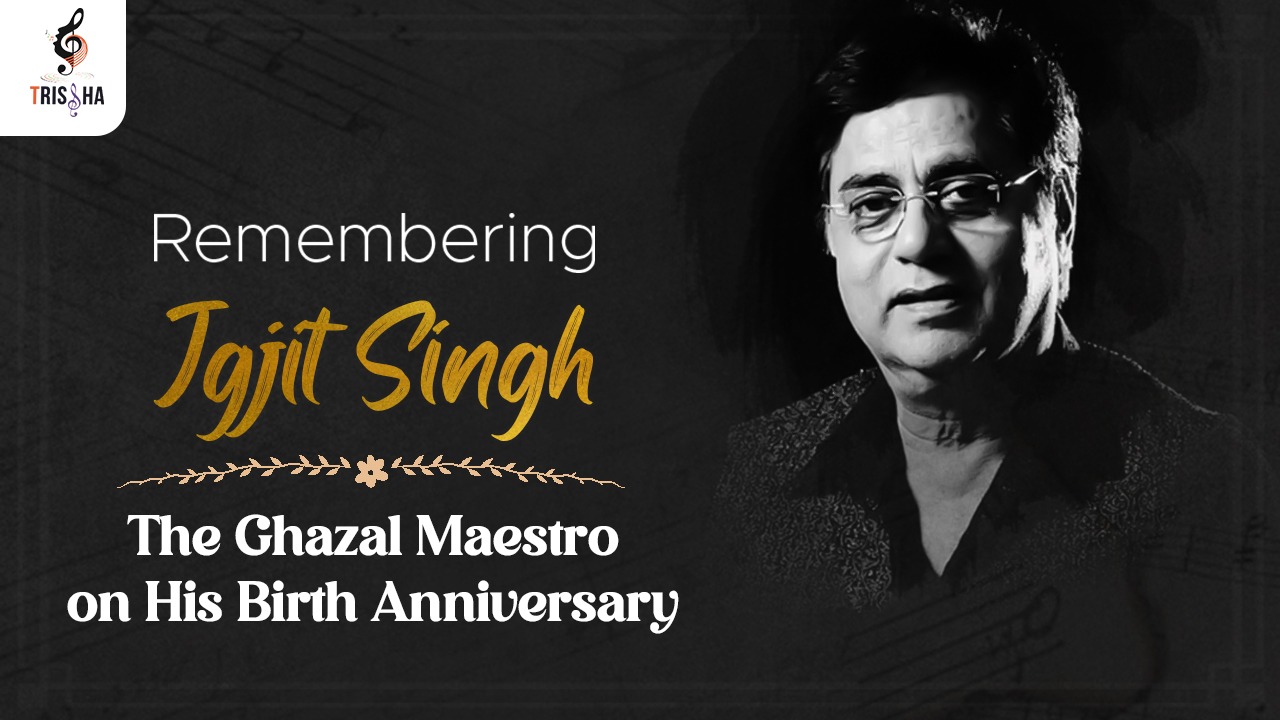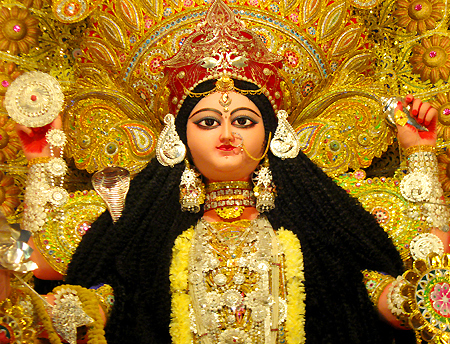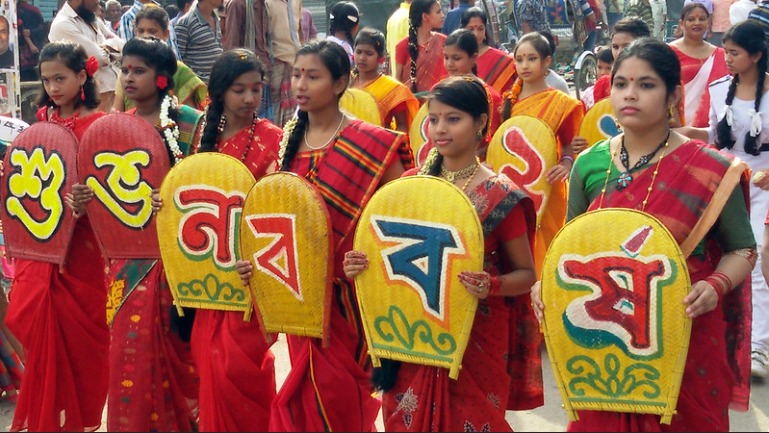Remembering Jagjit Singh: The Ghazal Maestro on His Birth Anniversary
Today, we celebrate the birth anniversary of one of the most iconic voices in the world of Indian music—Jagjit Singh. Born on February 8, 1941, in Sri Ganganagar, Rajasthan, Jagjit Singh revolutionized the ghazal genre, bringing it to the masses and leaving an indelible mark on the hearts of millions. His soulful voice, profound lyrics, and timeless melodies continue to resonate with listeners across generations. On this special day, let us take a moment to reflect on his life, legacy, and contributions to music.
Early Life and Musical Journey
Jagjit Singh was born into a Sikh family and was named Jagmohan Singh at birth. His father, Sardar Amar Singh Dhiman, was a government employee, and his mother, Bachchan Kaur, was a homemaker. From a young age, Jagjit showed a keen interest in music. He learned the nuances of Indian classical music under the guidance of Pandit Chagan Lal Sharma and later Ustad Jamal Khan of the Senia Gharana. His formal education included a degree in arts from DAV College, Jalandhar, and a postgraduate degree in history from Kurukshetra University.
In the early 1960s, Jagjit moved to Mumbai, the city of dreams, to pursue a career in music. Initially, he struggled to make ends meet, working as a music composer for advertisements and performing at small events. However, his perseverance and talent soon caught the attention of music directors, and he began to make a name for himself in the industry.
The Rise of the Ghazal King
Jagjit Singh’s breakthrough came in the 1970s when he, along with his wife Chitra Singh, pioneered the concept of ghazal albums. Their first album, The Unforgettables (1976), was a monumental success and marked the beginning of a new era in ghazal music. Unlike traditional ghazals, which were often steeped in complex Urdu poetry and catered to a niche audience, Jagjit’s compositions were simple, relatable, and accessible to the common man.
His unique style blended Indian classical music with contemporary elements, creating a sound that was both traditional and modern. Albums like Ecstasies (1984), A Sound Affair (1987), and Sajda (1991) further cemented his position as the “Ghazal King.” His rendition of Mirza Ghalib’s poetry in the TV serial Mirza Ghalib (1988) is considered one of his finest works, earning him critical acclaim and a National Award for Best Music Direction.
A Voice That Touched Souls
Jagjit Singh’s music was not just about melodies; it was about emotions. His voice had a rare ability to convey the depth of human feelings—love, longing, pain, and hope. Songs like “Hoshwalon Ko Khabar Kya”, “Tumko Dekha To Yeh Khayal Aaya”, and “Koi Fariyaad” are etched in the collective memory of music lovers. His collaborations with renowned poets like Gulzar, Javed Akhtar, and Nida Fazli added a literary richness to his compositions.
One of the most remarkable aspects of Jagjit Singh’s career was his ability to adapt and evolve. While he was primarily known for his ghazals, he also composed and sang bhajans, geets, and film songs. His contributions to Bollywood include unforgettable tracks like “Chithi Na Koi Sandesh” from Dushman (1998) and “Hothon Se Chhoo Lo Tum” from Prem Geet (1981).
Personal Struggles and Resilience
Jagjit Singh’s life was not without its share of tragedies. In 1990, he lost his only son, Vivek, in a road accident. The loss was devastating, and it deeply affected both Jagjit and Chitra. While Chitra withdrew from public life, Jagjit found solace in music. He channeled his grief into his art, creating some of his most poignant works during this period. His album Face to Face (1994) is a testament to his resilience and ability to find beauty in pain.
Legacy and Influence
Jagjit Singh passed away on October 10, 2011, leaving behind a legacy that continues to inspire. He was awarded the Padma Bhushan in 2003 for his contributions to music, and his influence extends far beyond the ghazal genre. Artists like Pankaj Udhas, Talat Aziz, and Ghulam Ali have acknowledged his role in popularizing ghazals. His music has also found a new audience in the digital age, with platforms like YouTube and Spotify making his songs accessible to younger listeners.
Conclusion
On his birth anniversary, we remember Jagjit Singh not just as a singer but as a storyteller who gave voice to the unspoken emotions of the human heart. His music transcends time and boundaries, offering comfort and companionship to those who seek solace in his melodies. As we listen to his timeless ghazals today, we are reminded of the power of art to heal, inspire, and unite. Jagjit Singh may have left this world, but his voice lives on, immortalized in the notes of his songs.







There are no comments